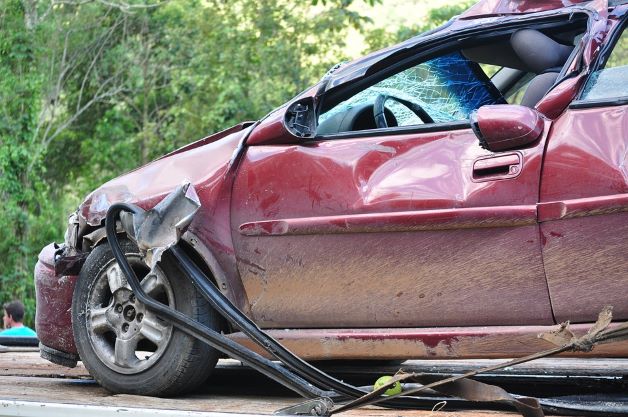Getting into an accident, depending on the severity of the collision and how events unfolded, can be extremely frustrating and overwhelming to deal with. Of course, you want to ensure that everyone is safe. Dealing with the events of an accident is going to be a headache. It is important to remember that not every state has the same laws, and North Carolina is among those different states. Here are the accident laws that you need to know about.
Typical Accident Laws In Other States
In order to review and understand accident laws in North Carolina, you must first understand car accident laws in other states and how they work. The liability of a car accident is usually determined by the amount of fault found to have caused such an accident. You have to review the circumstances of the accident and learn how it occurred. There are two major approaches to accidents when it comes to auto insurance.
At-Fault
In at-fault states, fault determines who is the primary factor when dealing with accidents. Insurance policies will pay out from the drivers that are determined to be “at fault” and responsible for the damages. This includes the damages and fees for both vehicles and injuries costs.
No-Fault
In a no-fault state, fault does not determine who is going to pay from their insurance companies. Instead, the insurance companies will cover only the damages and costs of your own vehicle and your own injuries. This is used to avoid litigation between insurance companies to take legal action and determine who was at fault. The benefit of this is that you will get the funds needed immediately to pay for damages and bills, instead of having to wait on other insurance companies to cover them. The problem is that you might not be the one responsible for the accident and should not have to pay when a clear fault is determined.
Determining Fault In North Carolina
North Carolina is considered a pure contributory negligence state. When it comes to car accident fault laws in North Carolina, this means that insurance companies view all parties involved in an accident as contributing to the negligence that caused the accident. This translates in some states to the responsibility of accidents being possibly flipped onto the victim driver. An example might be a truck driver that hit or rear-ended a vehicle accused of reckless driving might not be held responsible and instead accuse the other party of not doing everything in their power to be cautious and safe as well to avoid the accident. In North Carolina, if the insurance company of the party responsible for the accident can determine that the other party is at fault even with the slightest amount of responsibility for the accident, the victim is entitled to nothing and no payments need to be made.
In An Accident
After an accident has occurred, you might be quick to react emotionally or even compassionately, trying to understand how the accident occurred and discuss it with the other party. It is important that you refuse to give any sort of statements regarding the accident when speaking to the other party involved. This helps to prevent you from saying anything that might be used in court or during the investigation from the other party that would put any sort of responsibility on you, negating your claims and leaving you to deal with all the accident repercussions yourself.
Benefits Of Contributory Negligence Laws
There are reasons certain laws might still be implemented in different states as opposed to other states that have changed. One benefit that can be argued regarding these laws affecting accidents in North Carolina is that they can force all citizens to be as aware and vigilant as possible. This translates not only to other drivers but also to pedestrians and cyclists that might also be around vehicles and be involved in accidents. This is not to say that it is correct in its implementation, but it is always beneficial to be aware of your surroundings to avoid accidents as much as possible.
North Carolina maintains its car accident laws, and even if you don’t agree with them, you should educate yourself. Especially if you are traveling through, moving in, or visiting from another city, learning new local accident laws can help you in the event that you ever get into a collision. It will prepare you on how to approach it and how to work with insurance companies and lawyers to protect yourself and your passengers.




